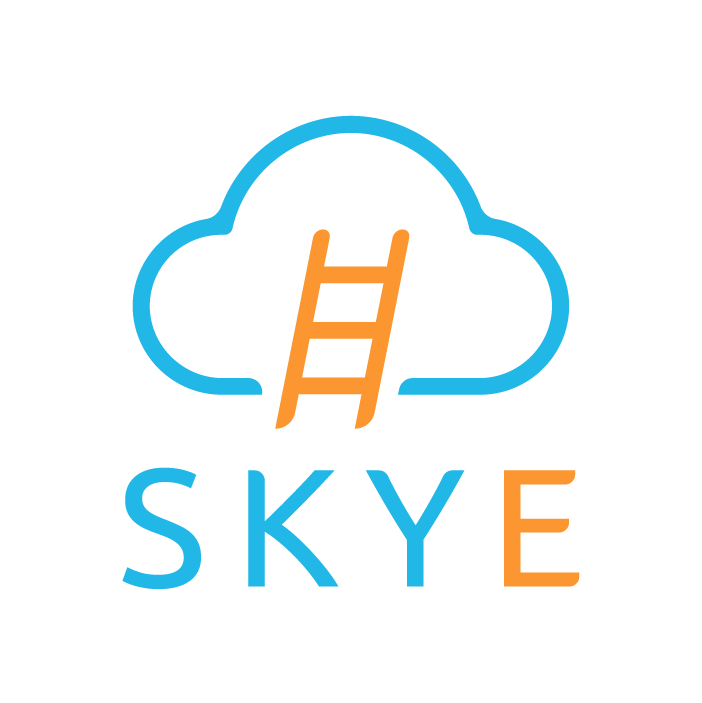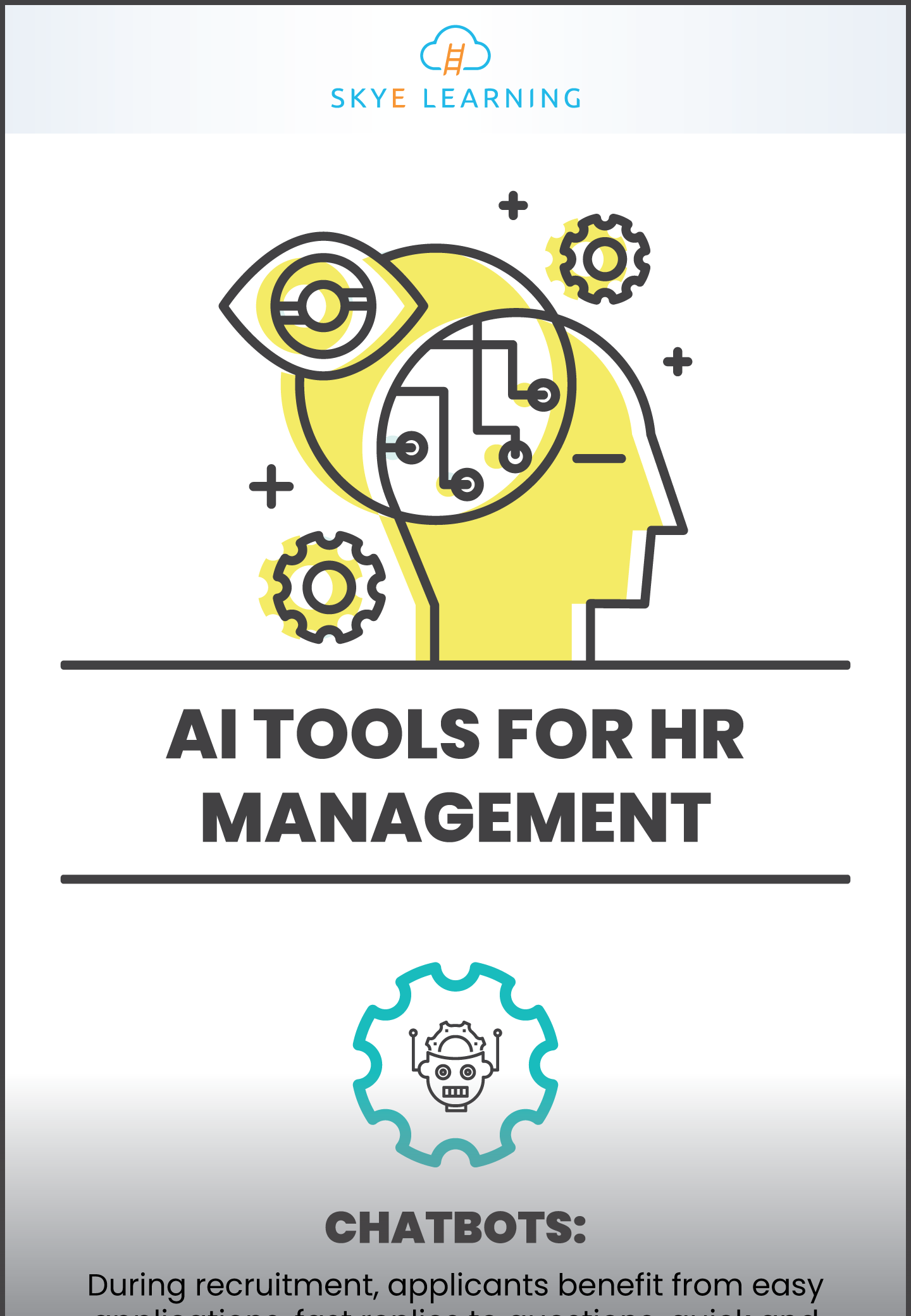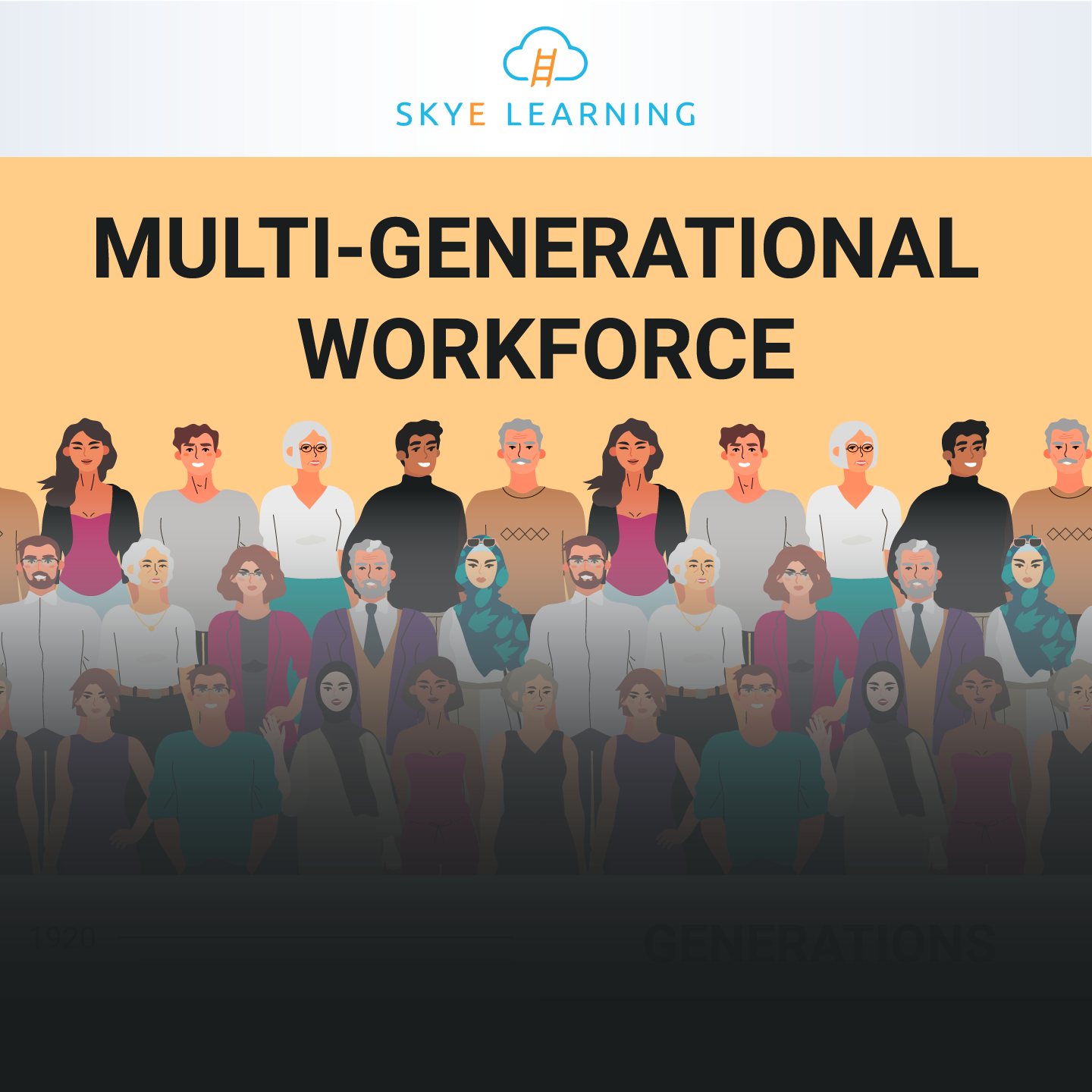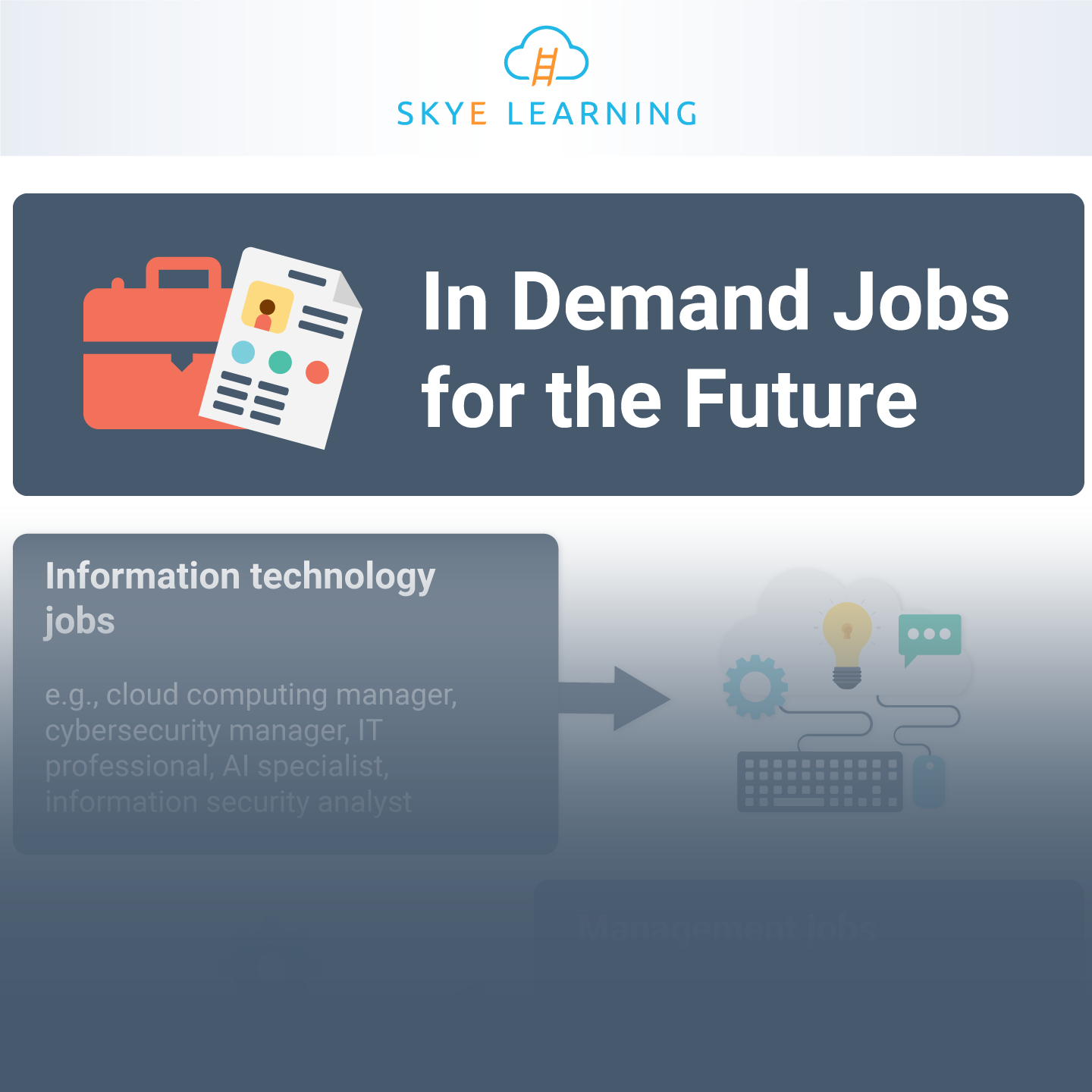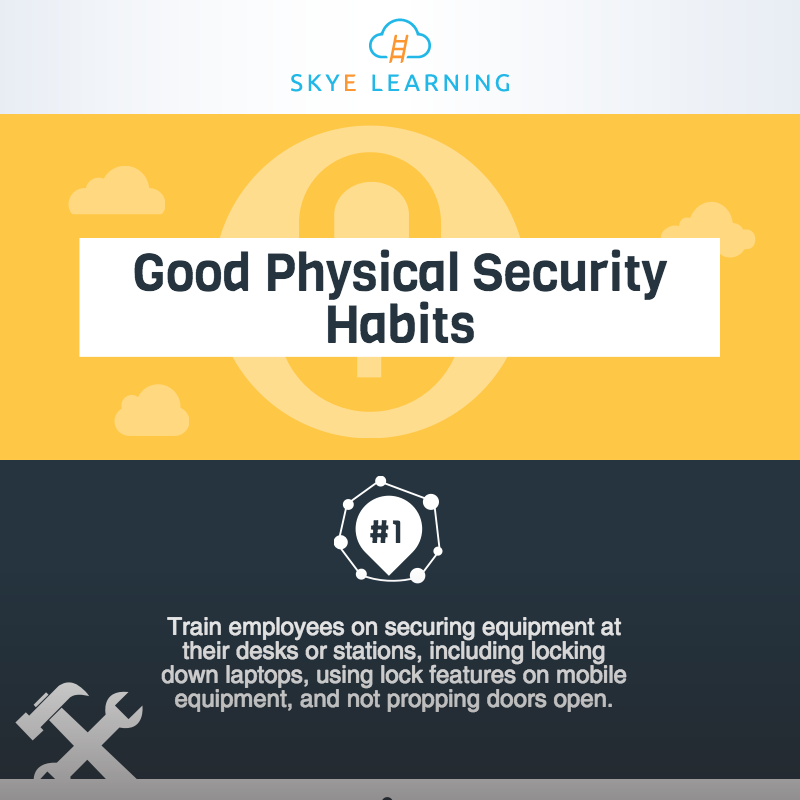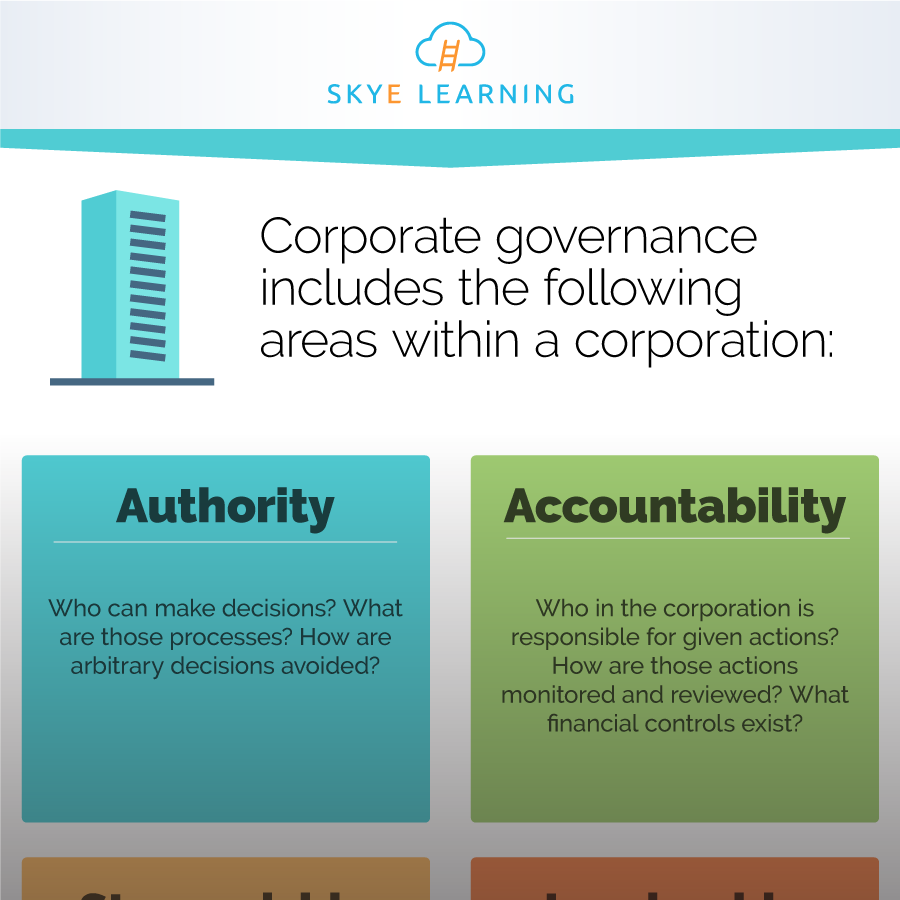Automation emerged as a way to complete repetitive, simple tasks using equipment (rather than human labor). By using automation, companies can (1) save money by hiring fewer employees and (2) utilize current workforces to carry out jobs that cannot be replaced by automation, e.g., entail critical thinking skills. Then came artificial intelligence (AI), which is a field of computer science aimed at performing jobs that do require skills like problem solving, planning, learning, and language processing. Examples include virtual assistants like Amazon's Alexa and Apple's Siri.
Recent Posts
Multi-Generational Workforce
A multi-generational workforce consists of employees spanning multiple generations. Analysts have labeled generations with different names, such as Baby Boomers and Generation Y, and have highlighted characteristics shared by most members of each group. For instance, the Traditionalists are survivors of the Great Depression and World War II and therefore may tend to be more focused on patriotism, teamwork, and rules of order. Managers can better lead their employees by understanding these generational differences.
In-Demand Jobs for the Future
Employers, employees, and job seekers can all benefit from knowing what jobs will be in-demand in the future. Current workers and job seekers can use this information when considering a career change, continuing education opportunities, or a new position. This knowledge also helps employers looking to start a business, expand a company, or search for investors.
Check out our latest infographic to learn more about jobs that are expected to be in-demand in the future.
Types of Banking
Banking facilitates the transfer of wealth in an economy. In its most simple form, rather than having someone carry around all their money, they keep it in a bank. When they need that money, they write a check or use a debit card. This ensures a safe transfer of money from one person to another.
In the United States, we have a dual banking system, meaning that we have banks that are chartered nationally in addition to banks that function under a state charter and regulations.
Four Stages of Risk Management
Risk management consists of four essential stages which, taken together, constitute a systematic process for dealing with the broad array of risks that an organization may face.
Stage 1: Identify the risks. The first step in managing risk is to determine what those risks are.
Stage 2: Assess the risks. Not all risks are equal. For the average company, the risk of having an employee injured in a workplace accident is higher than, for instance, the risk that a meteor will destroy its factory.
Reasons to Conduct Pay Audits
Many human resource professionals contribute to formulating pay structures, or systems that assess the value and corresponding pay of each employee or job position. Pay becomes a measure of the contribution made by an employee to his or her place of work. If a female employee receives less pay than her male counterpart, is the company inferring she is contributing less? Does the female employee view the situation this way?
Regular equal pay audits are useful tools for identifying pay gaps. Employers choose the parameters for these audits, like collecting pay data by gender.
7 Reasons for Involuntary Dismissal
Dismissing an employee is always a difficult task, and it can negatively affect both the employee and the employer—especially if it is mishandled. Most employers will try to avoid dismissal and will employ progressive discipline (warnings and other disciplinary acts) in an attempt to improve the situation.
In the United States, the doctrine of employment-at-will allows employers to fire employees without giving a reason (as long as the reason isn't illegal, such as discrimination based on age, gender, or race). Most companies dismiss a worker for a specific reason.
Tips for Good Physical Security Habits
While organizations spend a lot of time and resources working to protect their digital assets, the physical security of the workplace is just as critical and just as subject to attack as is a network.
Physical security involves securing the site, building, office space, servers, computers, and other assets from being compromised at the actual location, rather than electronically over networks. It includes site design and layout, intrusion detection, fire protection, surveillance, physical access control, and emergency response.
It's important to remember that physical security consists of protecting against man-made threats, like intrusion or internal sabotage, as well as natural disasters, severe weather, and accidents that can cause floods, fire, and other problems.
Corporate Governance
Corporate governance is the way by which businesses are directed and controlled.
For the most part, by law and tradition, the board of directors (representing the shareholders of the company) is tasked with ensuring the business is properly and honestly managed. Board members, the CEO, and managing partners have a fiduciary duty to protect the interest of shareholders.
Several board committees (the audit committee and the compensation committee) are generally involved in oversight of some of the most significant governance issues: whether the enterprise complies with accounting and ethical standards, and whether its leaders are being properly compensated and provided financial incentives for improving performance.
Subject Matter Expert Spotlight: Johanna Rothman
Johanna Rothman is the owner of Rothman Consulting Group, through which she has coached product developers, led Agile transformations, and improved projects, programs, and organizations for over 26 years. She has also written a large collection of books about project management and the workplace.
Prior to consulting, Rothman was a software engineer who served as a project leader, program manager, and director at Boston Technology. She is a longtime contributor to Skye Learning courseware, providing expert commentary for Introduction to Agile, Principles of Scrum, PMP® Exam Prep Course, and more.




